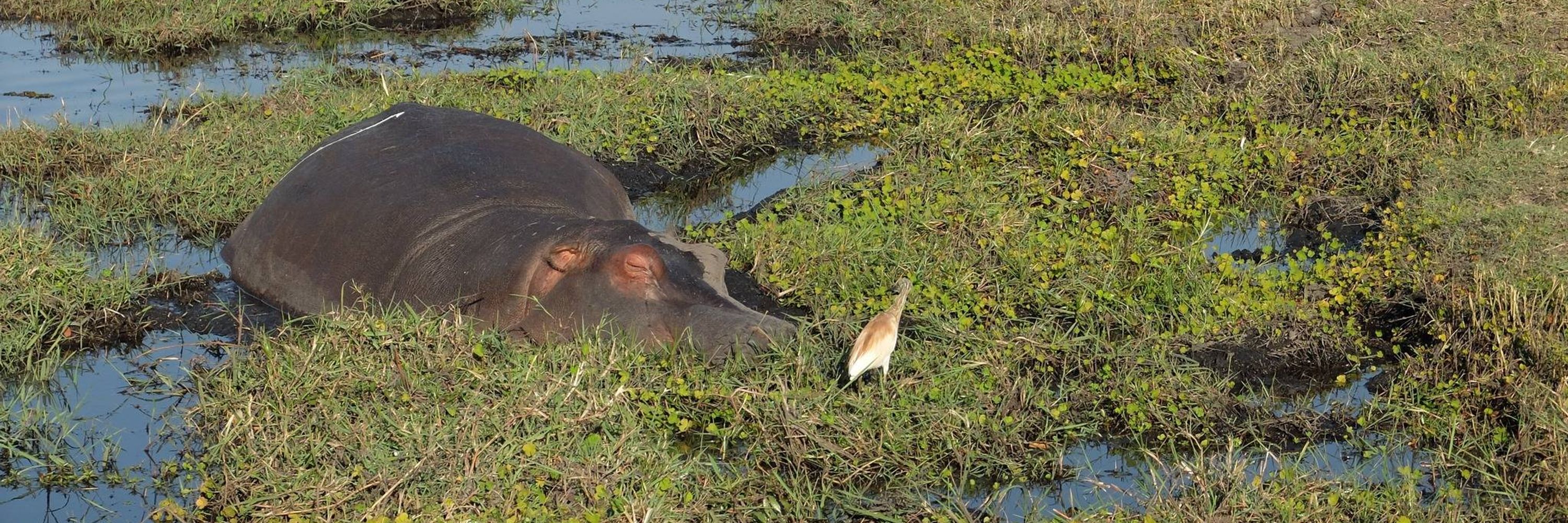
info fauna karch | UZH
Amphibien | amphibians
"Genetic and phenotypic comparison of natural and translocated populations of a pond-breeding amphibian"
conbio.onlinelibrary.wiley.com/doi/10.1111/...
"Genetic and phenotypic comparison of natural and translocated populations of a pond-breeding amphibian"
conbio.onlinelibrary.wiley.com/doi/10.1111/...
We have moved forward a lot in evolutionary biology, but this was the start of everything.

We have moved forward a lot in evolutionary biology, but this was the start of everything.
darwin-online.org.uk/contents.htm...

darwin-online.org.uk/contents.htm...
“It didn’t happen by accident. It’s the product of a deliberate and systematic assault on knowledge by some of the richest people on Earth. Preventing climate breakdown means protecting ourselves from the storm of lies.”

“It didn’t happen by accident. It’s the product of a deliberate and systematic assault on knowledge by some of the richest people on Earth. Preventing climate breakdown means protecting ourselves from the storm of lies.”


"Genetic and phenotypic comparison of natural and translocated populations of a pond-breeding amphibian"
by José Meléndez-Cay-y-Mayor et al.
"Genetic and phenotypic comparison of natural and translocated populations of a pond-breeding amphibian"
by José Meléndez-Cay-y-Mayor et al.

"Successful amphibian conservation by focusing on manageable threats"
"The impact of habitat loss and degradation on amphibians"
nc.iucnredlist.org/redlist/cont...

"Successful amphibian conservation by focusing on manageable threats"
"The impact of habitat loss and degradation on amphibians"
nc.iucnredlist.org/redlist/cont...
naturschutz.ch/job/info-fau...
naturschutz.ch/job/info-fau...
link.springer.com/article/10.1...

link.springer.com/article/10.1...
Read the full paper here: buff.ly/iVXQjl3
Image by @vmoser.bsky.social

Read the full paper here: buff.ly/iVXQjl3
Image by @vmoser.bsky.social
link.springer.com/article/10.1...
A nice collaboration with Helen Moor and Silviu Petrovan.

link.springer.com/article/10.1...
A nice collaboration with Helen Moor and Silviu Petrovan.











